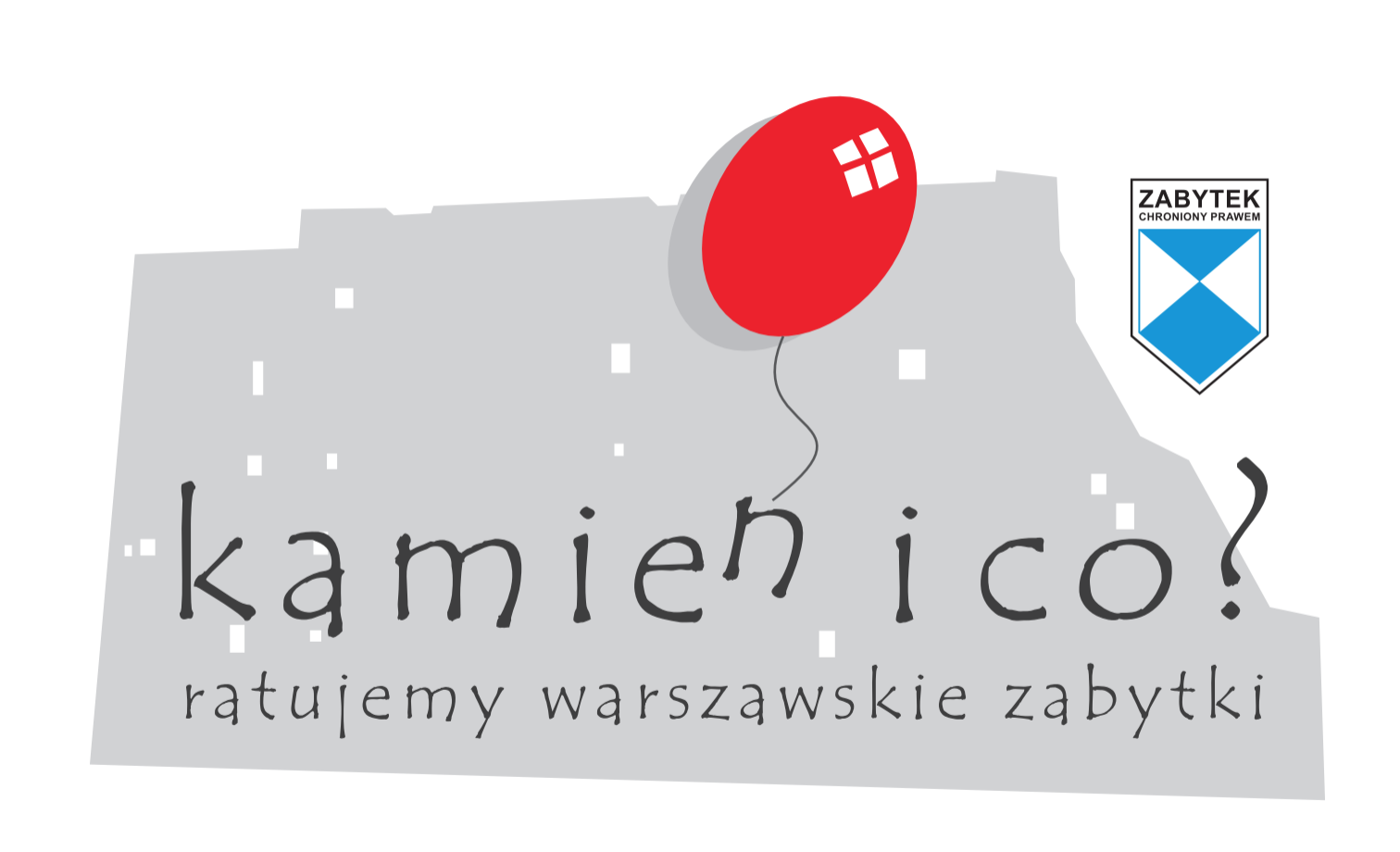
Novelty Theatre
5 Bielańska Street
Large and nutritious sandwiches, sophisticated salads, and other specialties of the Hirszfeld Store, Bar and Restaurant are one of the main attractions awaiting the pre-war Warsaw residents in the building at 5 Bielańska Street. This is also where “Novelty” theatre, the representative Jewish theatre of the late 1930s Warsaw, operated. In which of these three places could one bump into Mieczysław Weinberg?
The ”Art Nouveau” Bielańska Street
The “Novelty” theatre at Bielańska street is one of the three Yiddish Warsaw theatres that
Mieczysław Weinberg named as his place of work. The great success of theatre at number 5
Bielańska street falls on the interwar period, but the performances were held at this address
already before the outbreak of World War I.
The ancient, 19 th century Bielańska was an elegant shopping street, and it soon captured the attention of investors. At the turn of the century, several new tenement houses were built or rebuilt there, which gave the street a fashionable Art Nouveau flair. Elegant hotels, shops, and restaurants opened there. At that time, cabaret shows became fashionable, and entrepreneurial Warsaw restauranteurs fitted their dining rooms with gardens and stages. One of these entrepreneurs, Tomasz Gabler, expanded the previously existing restaurant "Nowa Gwiazda" (New Star), by adding another room in the courtyard.
“Gigant” vel “Vomitant”
Gabler built a large stage room there where artists could perform and called the venue "Gigant". The guests quickly rechristened it to “Vomitant”. The place was designed by some good-for-nothing engineer, probably a drunkard, a regular customer at this restaurant. The hall was devoid of acoustics, and only one-third of the audience members were able to see the stage. I visited it a couple of times in 1908. Initially, “Gigant” was quite successful, but it was devastated by the frais du jour. He [Gabler] gave employment to personnel of 120 people. He had to feed them. He toiled like that for a few years, before finally going broke
– recalls Władysław Płachociński, connoisseur of former Warsaw gastronomy and theatre life, who frequented “Gigant” in 1908.
Stage performances on Bielańska Street were resumed in 1916, i.e. during the German occupation of Warsaw and around the time when Mietek’s parents settled in the city. The venue bore the name "New Star" (Nowa Gwiazda) and after the war, a cabaret and garden theatre "Argus" operated there, as well as the municipal theatre "Capital" and the dramatic "Marywil".
In 1920, the theatre hall and the surrounding rooms burned to the ground. As part of the expeditious restoration, the theatre was enlarged, creating an auditorium with 1,500 seats. After completing the renovation works, a city operetta opened at Bielańska, i.e. the “Novelty” theatre. A few years later, the summer scene was resuscitated. Until the early 1930s, however, various ensembles performed on its stage, including the Hebrew “Habima”.

The Representative Jewish Theatre in Warsaw
After 1933, the profile of the theatre changed and Bielańska was visited almost exclusively by
Jewish theatre troupes. The repertoire was varied: from revues and cabarets (including an
ensemble founded by a duo of comedians: Szymon Dżigan and Izrael Szumacher) to operettas
and well-known dramatic plays translated into Yiddish, including William Shakespeare's
superbly received interpretation of "The Storm". And so, it was not only a revue and
entertainment venue. Because of the choice of repertoire and the ensembles performing in the
theatre, it had come to be considered a representative Jewish scene. The audience could
repeatedly watch performances by Zygmunt Turkow and the Warsaw Yiddish Art Theatre.
Just before the outbreak of World War II, the theatre was run by Ida Kamińska. As Shmuel
Weinberg cooperated closely with the Novelty Theatre, it is no wonder that Mieczysław –
widely respected in the theatrical and entertainment environment – found employment at
Bielańska (he mentioned it in his professional résumé at the end of the 1940s in the USSR).
Last Performance
In the summer of 1939, a new performance was about to be staged – “Sulamita” by Avraham
Goldfaden who was considered the father of Jewish theatre. The show received good reviews
and was a financial success.
Thanks to Zygmunt Turkow’s excellent direction and tremendous stage setting, "Sulamita" – a biblical legend in the garb of naive folk art, contains a reflection of contemporary theatre achievements and thus is full of freshness and vitality of contemporary theatre. As a result, this show enraptures and enchants. “Sulamita” has taken Warsaw by storm. It’s no wonder, then, that day after day, viewers fill up the “Novelty” theatre’s auditorium to a brim
– states a review from 13 August 1939, published in “Nasz Przeglad” (Our Review”).
The last performance of "Sulamita" took place on 4 September. The following day, a bomb fell on the tenement house, destroying the stage. Later, the whole building burned down and was almost completely disassembled during the occupation. Today, on Bielańska street, on the site of the former “Novelty” theatre and iconic Jewish restaurants, stands a residential building marked with the number 7, and the street is almost entirely built up with post-war blocks, having irretrievably lost its pre-war elegance.








